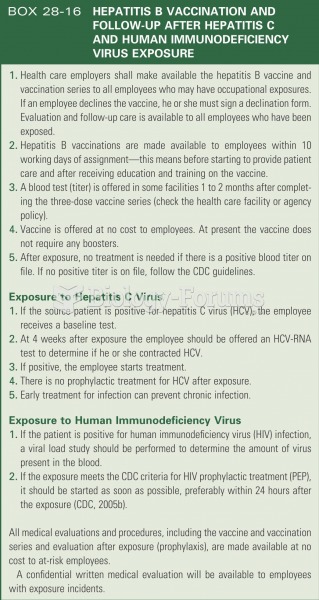This topic contains a solution. Click here to go to the answer
|
|
|
Did you know?
The modern decimal position system was the invention of the Hindus (around 800 AD), involving the placing of numerals to indicate their value (units, tens, hundreds, and so on).
Did you know?
Amphetamine poisoning can cause intravascular coagulation, circulatory collapse, rhabdomyolysis, ischemic colitis, acute psychosis, hyperthermia, respiratory distress syndrome, and pericarditis.
Did you know?
More than 4.4billion prescriptions were dispensed within the United States in 2016.
Did you know?
Asthma occurs in one in 11 children and in one in 12 adults. African Americans and Latinos have a higher risk for developing asthma than other groups.
Did you know?
About 100 new prescription or over-the-counter drugs come into the U.S. market every year.






![Bolier - Best Friend (Never Let Me Down) [Official Music Video]](https://biology-forums.com/gallery/47/medium_6_01_10_23_10_03_00.jpg)
